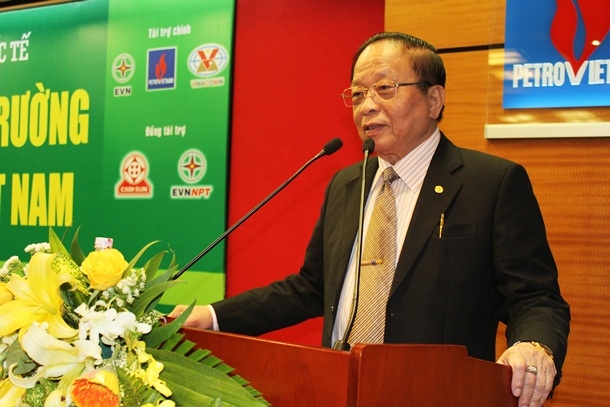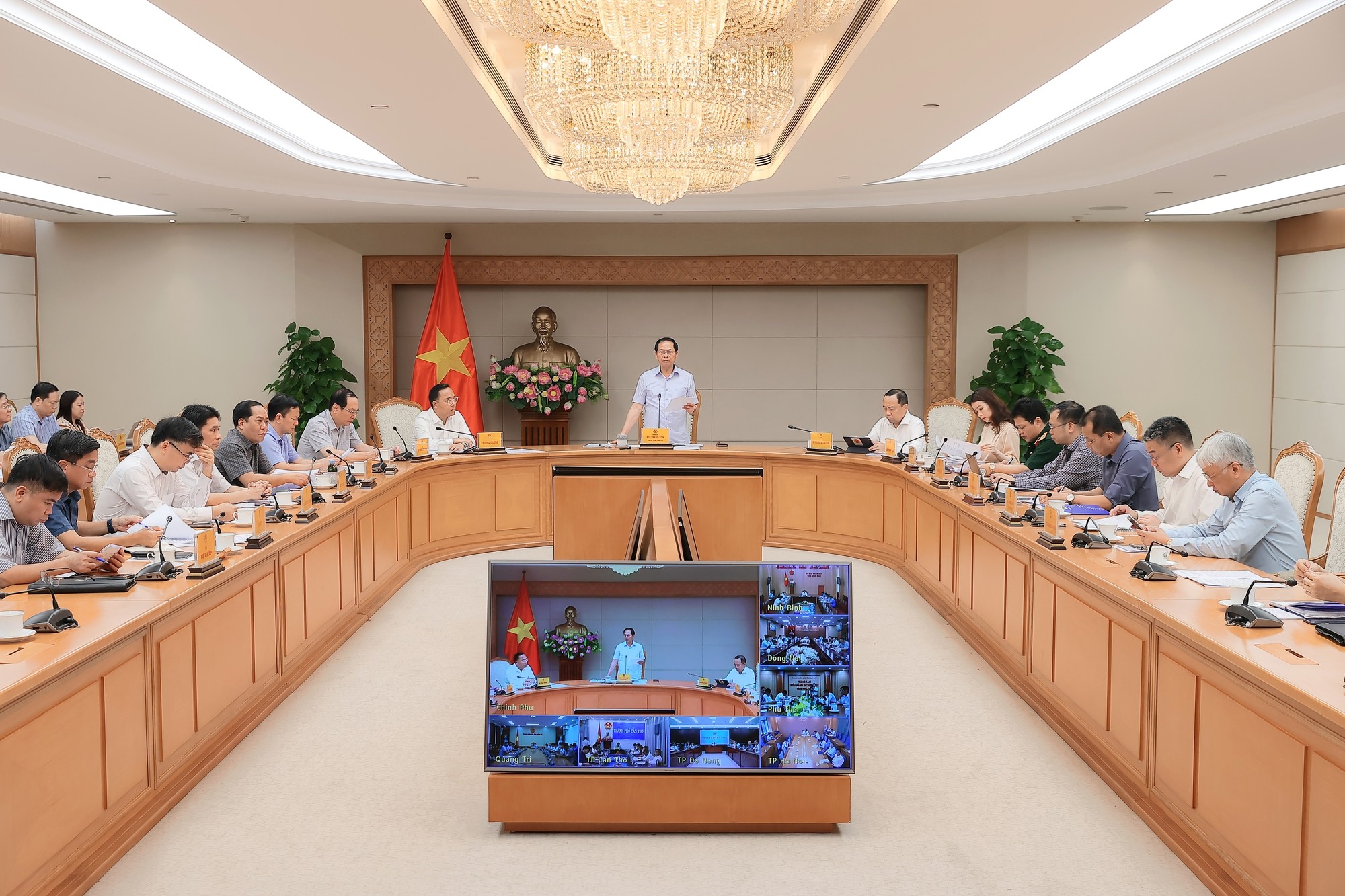Creating an impulse for the energy market
14:44 | 11/04/2014

Mr. Tran Viet Ngai, President of Vietnam Energy Association
To promote the energy market in the time to come, it is necessary to break monopoly, create a suitable pricing mechanism and accelerate the restructuring of state-owned energy businesses in the opinion of experts.
At a recent scientific workshop held to discuss measures to develop the Vietnamese energy market, Vietnam Energy Association President Tran Viet Ngai said that the energy sector had achieved remarkable progress during the last three decades and its production output had grown by an average 14 percent annually from 2010-2013, providing access to electricity to over 98 percent of Vietnamese people. Currently, however, due to monopoly in all fields of the energy sector, the energy market cannot operate according to healthy competition principles, creating difficulties for the entire energy sector and energy businesses.
In the electricity market for example, the Electricity of Vietnam (EVN) Group still monopolizes power generation, he said.
The petroleum market continues to operate in a traditional manner with the Vietnam National Petroleum Group (Petrolimex) holding a more than 50 percent market share (Petrolimex, PV Oil and Saigon Petro currently hold market shares totaling over 80 percent, operating in all stages from production, importation, distribution and retail sale).
In the coal market, the Vietnam National Coal Mineral Industries Group (Vinacomin) remains a major coal supplier in the domestic market, holding a market share of 98 percent, and is Vietnam’s only coal exporter.
Due to its failure to comply with market competition principles, the Vietnamese energy sector still reveals limitations leading to the imbalance between different segments, between supply and demand as well as between the investment demand and capital resources. “This is also the reason why all the three large energy groups of the country have faced difficulties in diversifying sources of investment,” said Tran Viet Ngai.
To promote the Vietnamese energy market, it is necessary to break monopoly, creating a suitable pricing mechanism and accelerate the restructuring of state-owned energy businesses. In the opinion of Tran Viet Ngai, the state should expand market relations, i.e. allowing businesses from all economic sectors, including private businesses, to join the market, reducing the state’s intervention and subsidies.
To eliminate the application-approval mechanism, first of all it is necessary to reform the state’s role and concentrate on restructuring state-owned businesses, building transparency and eliminating monopoly. In addition, it is necessary to separate the state management function from the ownership function and separate the policy-making function from the market monitoring function. Furthermore, it is necessary to publicize investment projects and encourage domestic and foreign businesses from all economic sectors to invest in energy.
Professor, Dr. Nguyen Minh Due, an energy expert, highlighted the necessity of accelerating the restructuring of three large energy groups: EVN, Vinacomin and the Vietnam National Oil and Gas Group (PVN). In his opinion, it is necessary to concentrate on entirely changing the organizational structure as well as the form of business management and investment strategies of these groups in order to separate their production and business tasks from political and public interest tasks; improve the business environment, simplify administrative procedures and maintain fair competition between businesses from different economic sectors in land and capital access. Equitizing state-owned energy businesses must be identified as an indispensable task and the state’s monopoly in the energy sector must be eliminated.
The state must apply suitable pricing policies in each period and to each kind of energy products. Energy pricing policies must be made in accordance with socioeconomic development and national energy policies, harmoniously combining the goals of economic effectiveness, social equality and financial feasibility. EVN Deputy General Director Duong Quang Thanh said that Vietnam had achieved initial results in adjusting electricity and coal prices according to market mechanisms.
To promote the energy market, in the opinion of Tran Viet Ngai, the state should allow the establishment of the Ministry of Energy to assist the government in implementing planning and development tasks as well as in dealing with mechanism and policy-related problems and many other tasks. An important task is guiding the restructuring and equitization of state-owned energy businesses to promote sustainable development of the energy market in the long term and ensure national energy security.
Source: VEN





